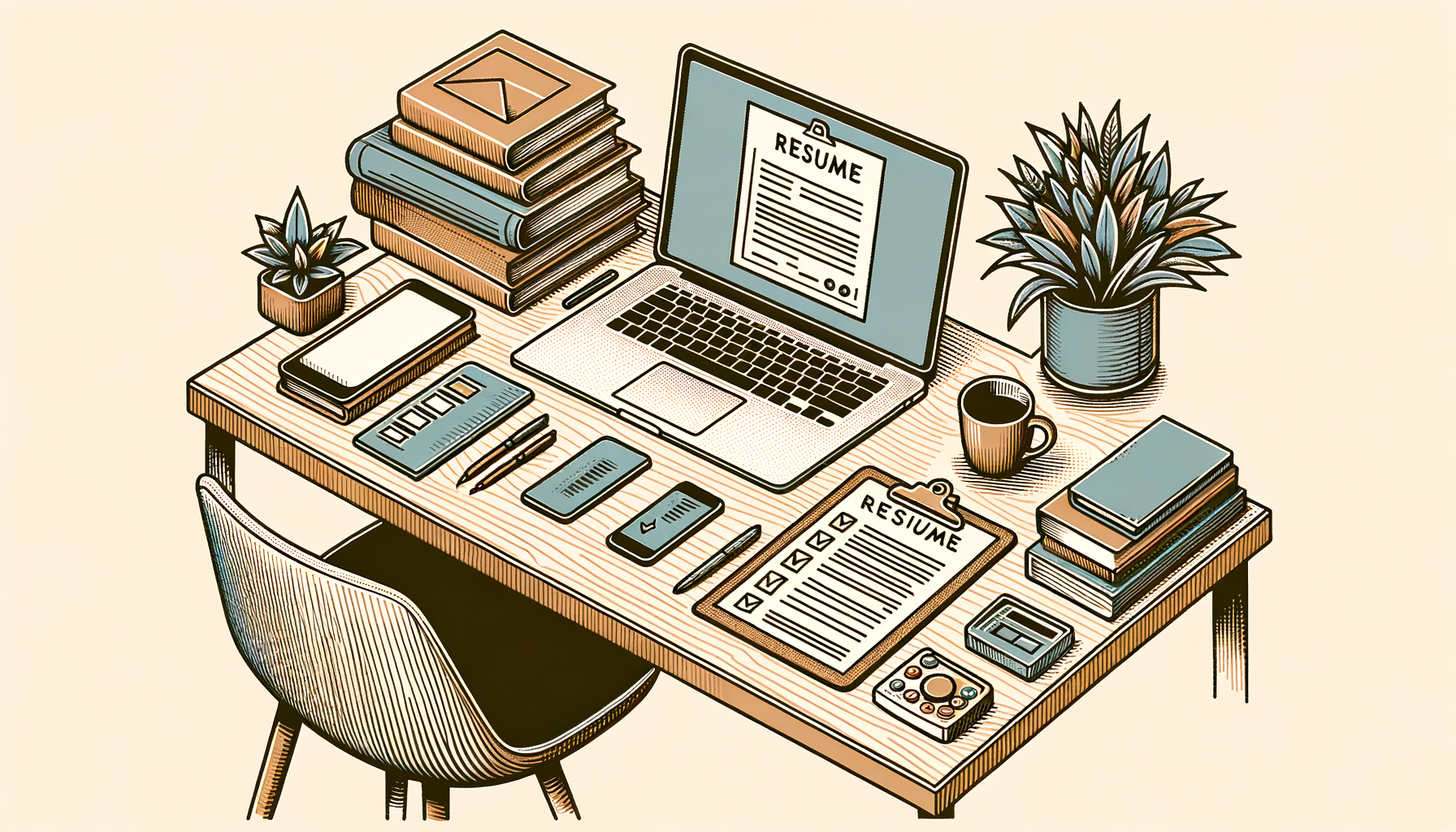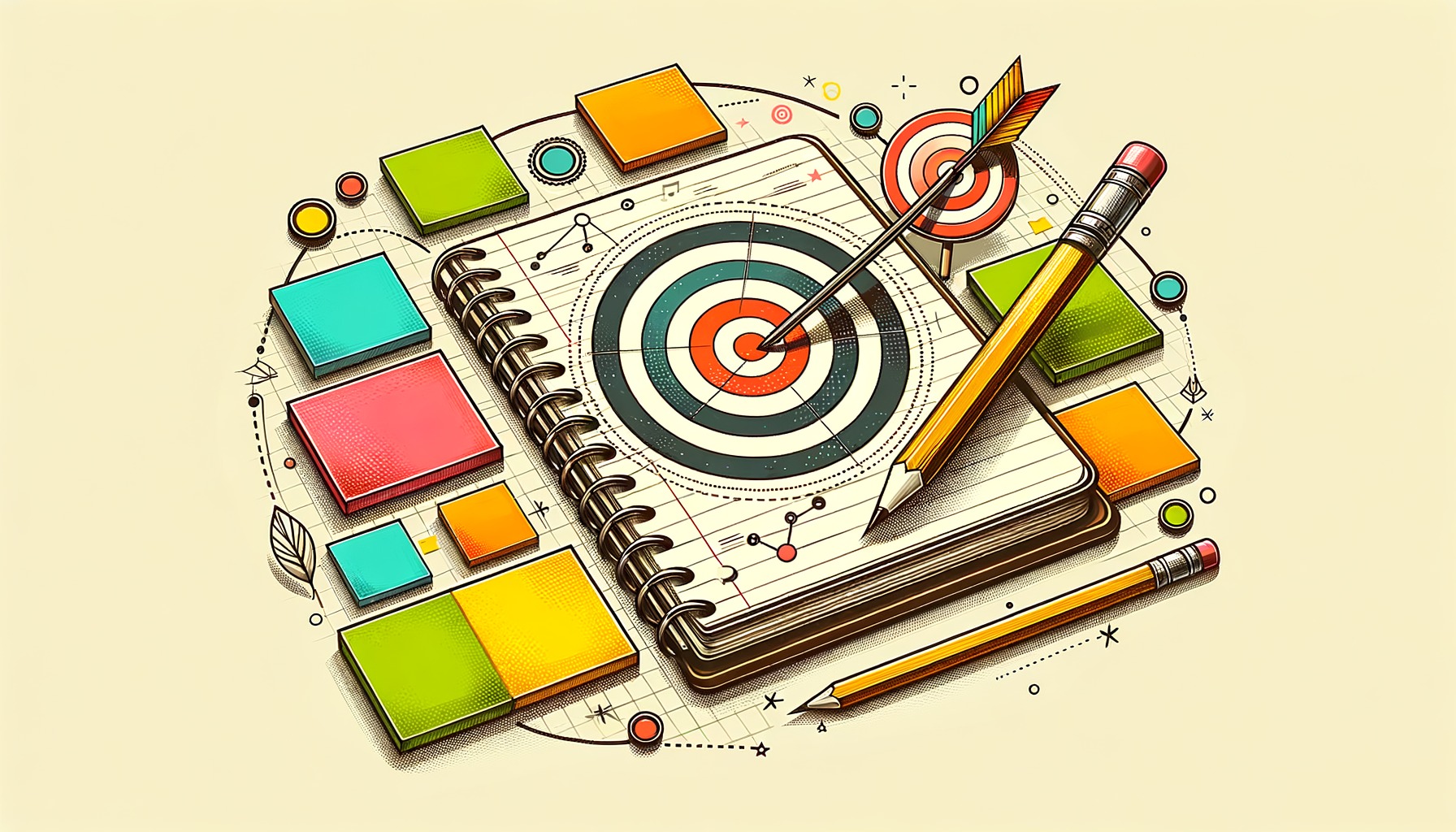Preparing for a job interview can often feel overwhelming, but with the right approach and knowledge, you can turn this challenge into an opportunity to showcase your skills and personality. This comprehensive guide will walk you through everything you need to know to feel confident and ready on the big day. Whether you’re a first-time interviewee or looking to sharpen your technique, understanding the preparation process is key to making a lasting impression and landing your dream job.
Understanding How to Prepare for a Job Interview
At its core, preparing for a job interview means equipping yourself with the knowledge, skills, and mindset necessary to present your best self to potential employers. It involves more than just rehearsing answers; it’s about understanding the company, the role, and how your unique experience aligns with their needs. This preparation helps reduce anxiety, improve communication, and increase your chances of success.
Key dimensions to focus on when preparing include:
- Researching the company’s culture, mission, and recent developments
- Understanding the job description and required skills
- Practicing common and role-specific interview questions
- Preparing your own thoughtful questions for the interviewer
- Planning your attire and logistics for the interview day
- Developing strategies to manage nerves and present confidently
How to Prepare for a Job Interview - Step by Step
Following a clear, step-by-step plan can make the preparation process manageable and effective. Here are five essential steps to help you get ready for your next job interview.
Step 1: Research the Company Thoroughly
Begin by gathering detailed information about the company. Visit their official website, read recent news articles, and explore their social media channels. Understand their products, services, values, and industry position. This knowledge will allow you to tailor your answers and demonstrate genuine interest during the interview.
Step 2: Analyze the Job Description
Carefully review the job posting to identify the key skills, qualifications, and responsibilities required. Make a list of how your experience matches these criteria. This will help you prepare targeted responses that highlight your suitability for the role.
Step 3: Practice Common Interview Questions
Prepare answers for frequently asked questions such as “Tell me about yourself,” “What are your strengths and weaknesses?” and “Why do you want to work here?” Use the STAR method (Situation, Task, Action, Result) to structure your responses for behavioral questions. Practicing aloud or with a friend can boost your confidence.
Step 4: Prepare Your Own Questions
Interviews are a two-way street. Prepare thoughtful questions about the company culture, team dynamics, or growth opportunities. This shows your engagement and helps you assess if the company is the right fit for you.
Step 5: Plan Your Interview Day Logistics
Decide what to wear based on the company’s dress code, plan your route to the interview location, and ensure you have all necessary documents ready. Arriving early and being well-prepared physically and mentally can make a significant difference in your performance.
What You Need to Remember
Beyond the steps, there are important do’s and don’ts to keep in mind that can elevate your interview experience and outcomes. Remember to maintain a positive attitude and be authentic; interviewers appreciate honesty and enthusiasm. Avoid speaking negatively about past employers or exaggerating your qualifications, as this can damage your credibility.
Key points to remember include:
- Do listen carefully and answer questions thoughtfully
- Don’t interrupt the interviewer or rush your responses
- Do maintain good eye contact and body language
- Don’t forget to follow up with a thank-you email after the interview
Following these guidelines can increase your chances of success by up to 50%, according to career experts. Preparation not only improves your confidence but also helps you communicate your value clearly and professionally.
Frequently Asked Questions
How early should I arrive for a job interview?
Arriving 10 to 15 minutes early is ideal. It gives you time to settle in, review your notes, and make a calm first impression without seeming rushed or too early.
What should I wear to a job interview?
Dress according to the company’s culture. When in doubt, it’s better to be slightly overdressed than underdressed. Business casual is a safe choice for most industries.
How can I handle nerves before an interview?
Practice deep breathing, visualize success, and remind yourself of your preparation. Engaging in light exercise or listening to calming music beforehand can also help reduce anxiety.
What if I don’t know the answer to a question?
It’s okay to take a moment to think or ask for clarification. If you truly don’t know, be honest and express your willingness to learn. Interviewers value honesty and a growth mindset.
Should I follow up after the interview?
Yes, sending a polite thank-you email within 24 hours shows professionalism and appreciation. It also keeps you top of mind with the interviewer.
Conclusion
Preparing for a job interview is a critical step toward securing your desired position. By researching the company, understanding the role, practicing your responses, and managing logistics, you set yourself up for success. If you’re ready to take the next step, start with the step-by-step guide outlined above and build your confidence one step at a time. Your dream job is within reach with the right preparation and mindset.






